Living with Esophageal or Gastric Cancer
Living with esophageal or gastric cancer
Living with esophageal – or especially gastric cancer– will mean changes in your lifestyle. You’ll need to find the quality of life that suits you best.
For some people with esophagus cancer, treatment can remove or destroy the cancer (curative therapy). For other people with advanced incurable disease, the esophagus cancer might never go away (palliative therapy). Some people may get regular treatments with chemotherapy, radiation therapy, or other treatments to try and help keep the cancer in check. You may be relieved to finish treatment but find it hard not to worry about cancer coming back.
Esophageal and gastric cancer patients will need to make significant changes in diet and eating habits. You may find you need to eat small frequent meals permanently. Eating a diet rich in fruits and vegetables, staying at a healthy weight, getting regular physical activity, and avoiding or limiting alcohol are all linked with a lower risk of getting gastric cancer. Scientists don’t yet know if these types of changes affect the risk of cancer progressing or coming back. However, we do know that they can have positive effects on your health that can extend beyond your risk of cancer.
Follow-up care
Even if you have completed treatment, your care team will still watch you closely. It’s very important to go to all your follow-up appointments. During these visits, your doctors will ask if you are having any problems and may do exams and lab tests or imaging tests to look for signs of cancer or treatment side effects. These visits are a good time to ask questions and talk about any changes or problems you notice or concerns you have.
It’s important to report any new symptoms to the doctor right away, especially if they include trouble swallowing or chest pain because this could be from the cancer coming back or late side effects of treatment.
Many doctors recommend follow-up visits with a physical exam (which may include imaging tests, blood tests, and endoscopy) every 3 to 6 months for the first two years after treatment. This is often changed to visits every 6 to 12 months for the next 3 years, and then once a year after that. Some doctors may advise different follow-up schedules.
Help for common problems
Cancer of the esophagus often causes trouble swallowing, which can lead to weight loss and weakness due to poor nutrition. Gastric cancer also presents problems; you may not feel like eating and lose weight when you don’t want to. Doctors and nutritionists can work with you to provide nutritional supplements and information about your individual nutritional needs during and after treatment.
Eating right can be hard for anyone, but it can get even tougher during and after cancer treatment. The cancer or its treatment may affect how you swallow or cause other problems. Nausea can be a problem from some treatments.
Your MRO care team can give you suggestions such as eating small frequent meals, using nutritional supplements, and other advice to help you maintain your weight and nutritional intake. For more information and nutrition tips for during and after cancer treatment, see Nutrition for People With Cancer.
Pain
There are many ways to control pain caused by cancer of the esophagus and its treatment. If you have pain, tell your cancer care team right away, so they can give you quick and effective pain management. For more information, see Cancer Pain
At MRO, we understand that there’s more to recovery than medical treatment. And while radiation therapy itself may be painless, it impacts your body in ways that you can’t always see. In order to keep your body strong, we encourage you to be active in caring for yourself. Here’s a list of things you can do to get the most out of life during your treatment:
-
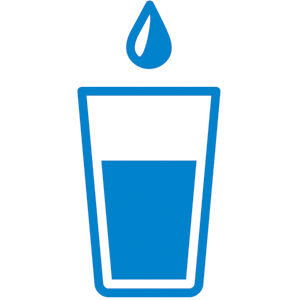
Drink plenty of fluids and eat a healthy diet.
-
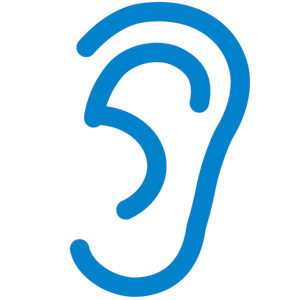
Listen to your body. Don’t push yourself too hard, and rest when you’re tired. You will probably be sleeping more than normal, and that’s okay.
-
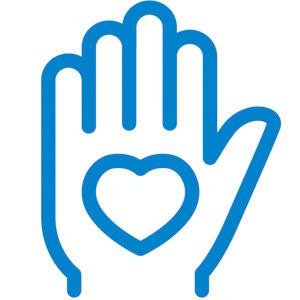
Be kind to the skin near your treatment area. Wash the area with mild soap and water, and do not put hot or cold packs on the skin. Contact your MRO care team before using lotions or ointments.
-
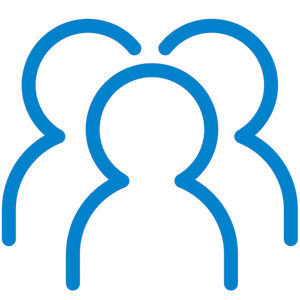
Find a support group or seek out help to manage the stress that comes with cancer treatment and cancer diagnosis.
-
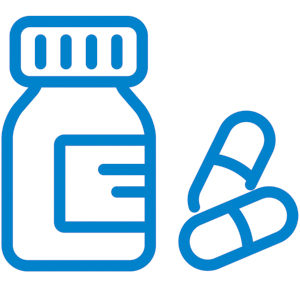
Make sure to tell your doctor about any medicines or supplements you take to ensure the medications are safe to use during treatment.
-

Follow your doctor’s recommendations and contact your MRO care team with any questions.
Life After Treatment

After you’ve completed treatment, you’ll have follow-up visits with your MRO care team.
Follow-up care varies from patient to patient. Your physician may also recommend home care, occupational therapy, pain management, physical therapy, or participation in support groups.
For more information, visit our resources page.